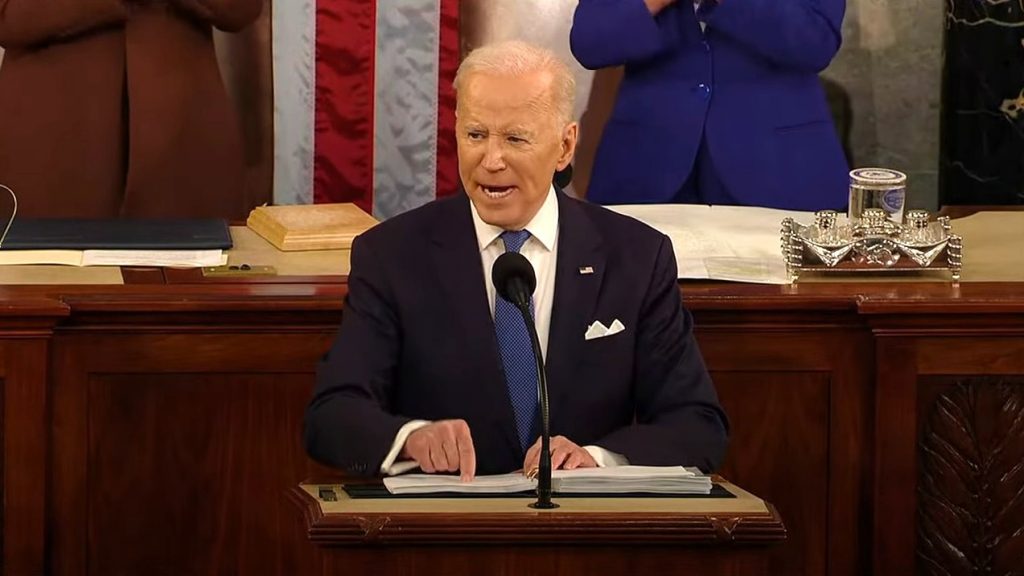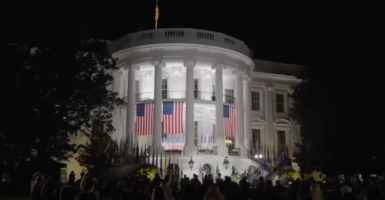Biden Administration Moves To Shut Down Charter Schools Nationwide
The Biden administration has proposed new rulings that would make it harder for states to open up charter schools.

Reports show that an overwhelming amount of United States parents are leaving public education behind. They are opting for private schools, homeschools, and even charter schools, which have seen an uptick in support over the last decade. But even after Democratic leaders ostensibly promoted (and then rebuked) approval for charter schools, it seems the Biden administration is set on condemning them. Recently, newly proposed rules were laid out by the federal Department of Education, that some are saying is dead-set on sabotaging charter schools.
As most of the world was tuned into the news on the War in Ukraine on March 14th, the Biden administration sneaked in proposed rulings in regards to the alternative schools funding. The planned amendment takes direct aim at the federal chart schools program. Set up nearly 28 years ago, the federal program provided funds to aid charter start-up expenses. The taxpayer funds set aside to finance the program comes in the form of $440 million worth of grants each year.
With the newly enacted amendments bring proposed by the Biden administration, the verbiage in the text shows how if passed, it will become more difficult for state agencies to receive start-up funding from the government. For one thing, applicants will now have to describe an “unmet demand for the charter school.” Critics believe this terminology suggests that the federal government wants proof of over-enrollment within existing public schools as well as proof that the new charter won’t exceed the number of public schools needed to “accommodate the demand in the community.”

With the Biden administration asking for stricter proof of the need for charter schools, this new ruling would make it nearly impossible for charter applicants within school districts where enrollment is declining to obtain needed funds. They will likely be rejected from receiving the grant under this new ruling. Since most school districts around the country are reporting declines in public school enrollment, this is unattainable.
Similarly, the new ruling wants to require charter school applicants to collaborate with traditional public schools. Charter schools, which generally act independently from their public counterparts, don’t have to adhere to teacher unions. But under this new terminology, they may be required to operate under union rulings. This would almost entirely undermine the reason charter schools were established in the first place.
One big caveat in the proposed ruling deals with equity in charter schools. They have long been touted as a means to give underprivileged students a better education. In large cities across the nation, many predominantly enroll students that are Black or Hispanic. The new ruling proposes that charter schools must designate and maintain “racially and socio-economically diverse” enrollment and staffing. On top of that, it could make it harder for these schools to find qualified teachers because of the need for diversity to qualify for the grant.
In a move some are claiming was purposeful, the timing of the Biden administration’s proposal allows for just one month of input before public comment closes on April 13th. More parents than ever approve of school choice than those who don’t, and this ruling from the federal government is another hit against parents seeking more choice in how their children receive an education. It also is a direct blow against the plethora of states looking to bolster their charter school presence.



